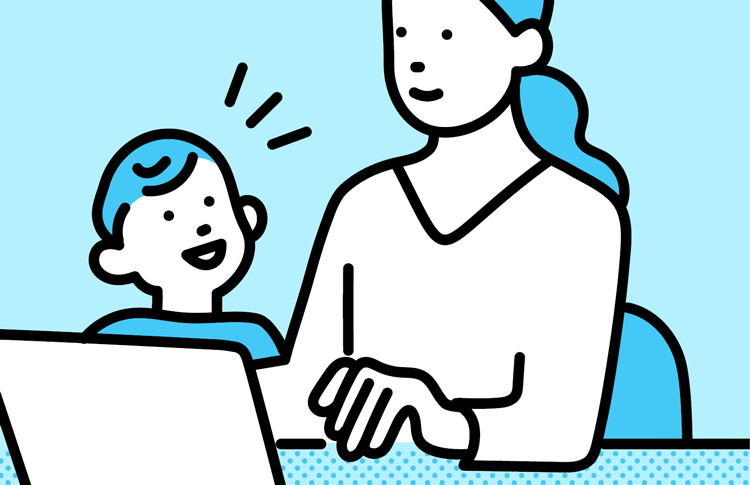 COVID-19 has transformed homes into offices, removed commutes and turned the humble kitchen table into a place of business. The pandemic is drastically turning work culture on its head in almost every way possible.
COVID-19 has transformed homes into offices, removed commutes and turned the humble kitchen table into a place of business. The pandemic is drastically turning work culture on its head in almost every way possible.
But for female professionals, traditionally expected to be caretakers, at times this transformation has created more work. A United Nations report has found gender inequalities have deepened during COVID-19. Meanwhile, according to Hong Kong’s South China Morning Post, the pandemic has “intensified existing gender inequalities and made life harder for Hong Kong women bearing a disproportionate burden at home.”
Stephanie Keen, partner in Hogan Lovells’ Singapore office, tells ALB that the shift from office to home has required something of a careful balancing act for caregivers.
“I think both parents – mothers and fathers – have had to juggle professional commitments during COVID as a result of children. Personally, it hasn’t been ‘childcare’ but rather the children enjoying having the parents home and wanting more time with them,” says Keen.
But given that typical travel demands that come with the job, including those of commuting and travel to meetings, have been cut back some-what, there is more time in the day which can be utilised.
“As a parent, the struggle is wanting children to cherish such time but also manage professional commitments. During lockdown I created a routine whereby, to the extent client work permitted, I would work before they woke, kept lunch and dinner times free to eat with them and then worked once they slept,” says Keen.
“I have noticed others creating schedules which work for them. Going forward, I think firms need to be less rigid about being accessible between 9-6 but rather, subject to deadlines, permit more agility to individuals’ schedules,” she adds.
It’s fair to say that over the past few months, through Zoom and Skype calls, colleagues have gained a greater awareness of each other’s families and lives outside of the office, and perhaps even have had the opportunity to get to know their colleagues better.
Keen tells ALB that pre-COVID, there was a clear distinction between work and personal life. “It felt intrusive to ask too much about people’s personal situations. As a woman, I have always been conscious of separating the two,” she says.
“At the start of the year, my mother was very sick in hospital – she was ordinarily my caregiver so it created a juggling act with childcare, hospital visits and work. However, no one at work was aware – it was important to me that I was seen to go to work without colleagues seeing the personal challenges I might have,” she adds.
Fast forward to the lock-down, when checking in on the mental wellbeing of colleagues became less taboo.
“No longer was it considered intrusive. The contrary – colleagues were responsive to sharing some of their personal stories and challenges. And at the same time, discussed the positive opportunities COVID had created such as more family time or time to take up a new hobby,” Keen notes, adding the takeaway is no one fully understands what colleagues deal with out of the office — both positive and negative.
She predicts there will be “a greater understanding and thoughtfulness going forward”, as a result of the pandemic.
But while there may be more understanding between colleagues, but the global pandemic is also reshaping other areas of the business.
“I think the ‘face-time’ culture has always been one of the biggest work-place hurdles for lawyers generally. The need to be in the office simply in case something crops up,” Keen says.
“Obviously juggling bedtimes for families adds to their issue here but I do think this was a general issue. As a profession, we were certainly moving away from that and I think COVID will have helped with this. We also have very little visibility on how/when lawyers are completing their tasks. But the fact that matters are dealt with efficiently and with strong client satisfaction, shows we should trust our teams to deliver on an agile basis which works for them,” she notes.
To contact the editorial team, please email ALBEditor@thomsonreuters.com.


